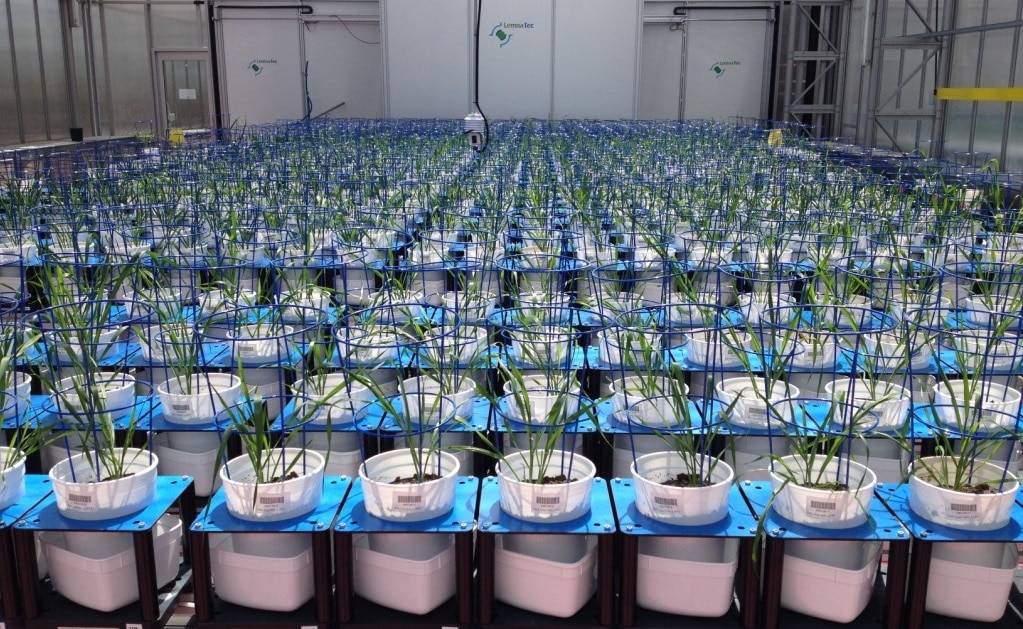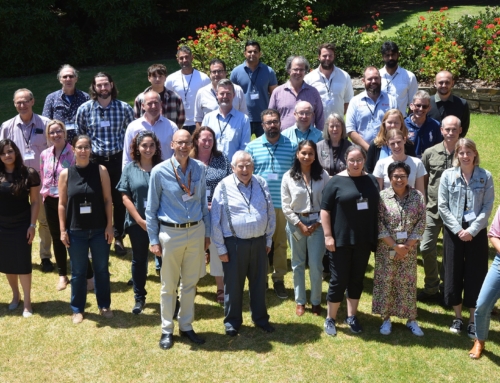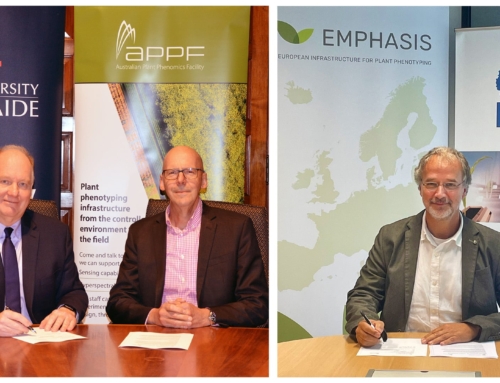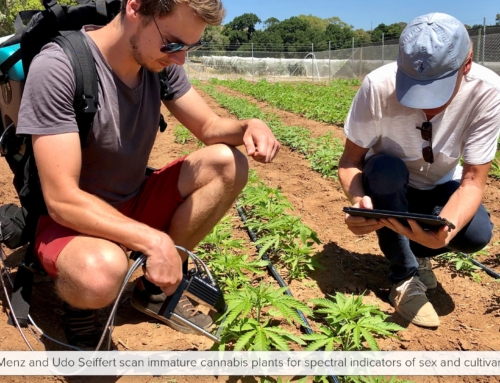Wheat plays a major role in food security across the globe and demand is ever increasing. However, wheat is only moderately tolerant to salinity, a major constraint in Australia where almost 70 per cent of the wheat belt is affected by salinity to some degree, resulting in reduced yields.
If we are to meet the growing demands of wheat consumption, there is an urgent need to develop salinity tolerant wheat cultivars. It’s a challenge Dr Ahsan Asif (now with DPI NSW) has taken on with APPF, the University of Adelaide and Australian Centre for Plant Functional Genomics colleagues.
Using APPF facilities at The Plant Accelerator, Ahsan phenotyped an Excalibur x Kukri mapping population under salt stress and combined that data with a high-density genetic linkage map, constructed through genotyping by sequencing for quantitative trait loci (QTL) analysis.
QTL mapping resulted in number of major QTL for different salt tolerance sub-traits including maintenance of shoot growth under salinity, leaf sodium and chloride accumulation and potassium: sodium ratio. Potential candidate genes under these QTL were then shortlisted using bioinformatics tools.
The findings are anticipated to facilitate the breeding of new salt tolerant wheat cultivars with these sub-traits. Ahsan suggests next steps could focus on studying the effect of these traits on yield under saline field conditions.
Read the paper here: https://www.publish.csiro.au/fp/FP20167








